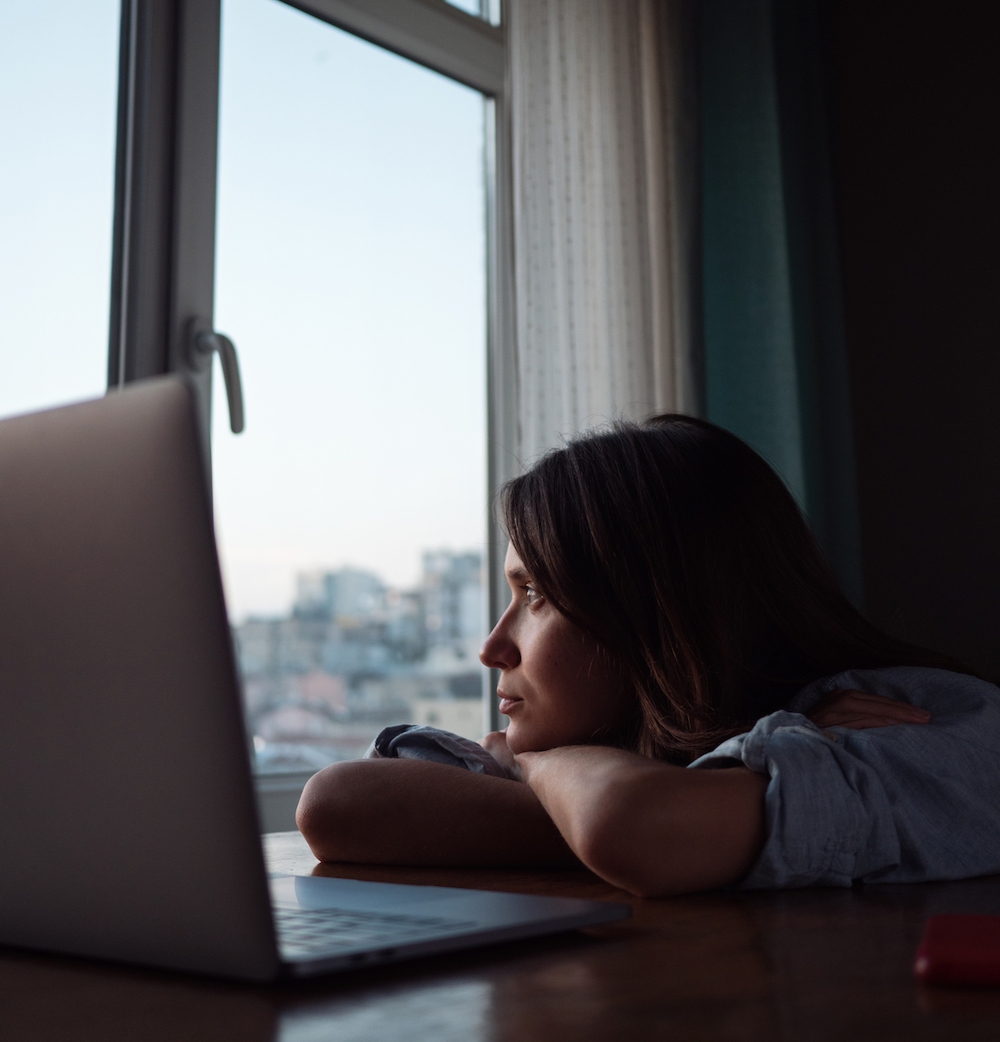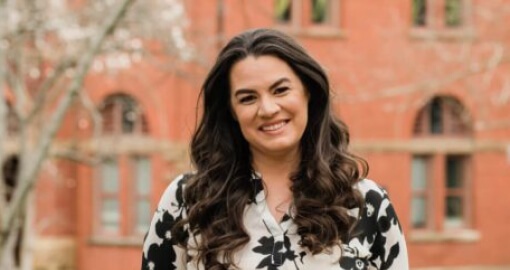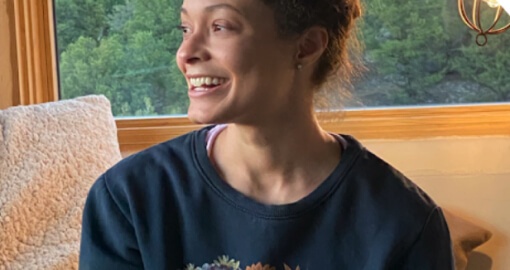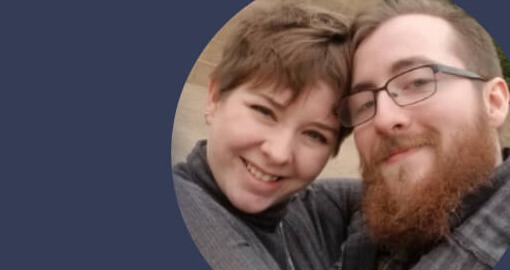Written by Shannon,
Brightside Health
6 Minute Read

Medically reviewed by:
Erin O'Callaghan, PHD
Director of Therapy
10 Minute Read

Do you know the difference between anxiety and an anxiety disorder?
It’s perfectly normal to feel anxious sometimes. In fact, some feelings of anxiety can actually be healthy.
Feeling nervous and anxious before a job interview, or experiencing some anxious fear before a competitive race can help you better prepare for those events. Often the feeling of anxiety that people experience before public speaking is adrenaline fueling the systems that need support.
As Psychology Today’s Loren Soelro, Ph.D., puts it, “situational anxiety if it’s proportionate to the circumstances in which it arises, can have quite a positive impact.”
Where problems arise is when anxious moments, or even anxious days, turn into weeks or months. If anxiety becomes so severe that it disrupts daily life, feels uncontrollable, or overwhelming, you may be experiencing an anxiety disorder.
How do I know if I have an anxiety disorder?
As we said above, not all anxiety is a sign of an anxiety disorder. Anxiety disorders are complex mental health conditions.
Here are the main symptoms of anxiety:
- Excessive worry
- Unable to control panic
- Restlessness
- Easily fatigued
- Difficulty concentrating or overthinking
- Irritability
- Muscle tension
- Sleep difficulties
To be diagnosed with an anxiety disorder, the anxiety has to cause you significant impairment across multiple areas of life and the negative consequences of the anxiety are not due to another disorder, medical condition, or substance abuse.
What does anxiety feel like?
While the experience of anxiety varies from person to person, the most common signs are:
- Thoughts: Ruminating worry (sometimes irrational) about how things could and will likely go wrong
- Feelings: Near-constant state of being overwhelmed and fearful
- Physical sensations: Quickly beating heart, knotting in your stomach, or an urge to get out of the current situation
Different people experience anxiety in different ways.
Some feel crushing panic attacks that last for a period of time, while others may experience a nearly constant feeling of intense fear or all-consuming dread. Some may feel anxious in social situations, and others may find that being in a social environment actually reduces their anxiety and makes them feel safer.
Types of anxiety disorders
There are several types of anxiety disorders, and each has distinct symptoms.
According to the National Institute of Mental Health, these specific anxiety disorders include:
- Generalized anxiety disorder
- Panic disorder
- Social anxiety disorder
- Phobias such as agoraphobia or specific phobias
- Separation anxiety disorder
- Selective mutism
And, although they are now considered separate from anxiety disorders, obsessive-compulsive Disorder (OCD) and post-traumatic stress disorder (PTSD) also often have a major anxiety component and can require medical treatment or therapy.
Can anxiety be cured?
Remember, some anxiety is normal to experience. If we didn’t feel any anxiety, we would not be able to perform our best.
The anxiety performance curve indicates that there is an optimum amount of anxiety to experience. With too little anxiety, we don’t adequately prepare and invest in the things that really matter to us. Too much anxiety impairs our functioning so we don’t do as well as we would have otherwise.
But if your anxiety begins to interfere with your ability to do the things you enjoy doing, then it’s no longer healthy. Though “cure” is not the right word, you should seek treatment for anxiety as you can learn to reduce how much your anxiety symptoms negatively impact your life and learn about key coping mechanisms to help you through life.
It’s a good idea to speak to a professional counselor when your anxiety:
- Begins to cause significant impairment across a variety of life domains
- Negatively impacts your job performance, sleeping, eating, or daily routines
- Prevents you from meeting new people or attempting to do the things that you might like doing
- Keeps you at home because you worry about what might happen in interactions with others
If you are experiencing any of these things, know that you are not alone. Anxiety disorders are the most common mental illness in the U.S., affecting 40 million adults age 18 and older (or 19.1% of the population.)
Does treatment for anxiety work?
Research literature is abundantly clear that anxiety is one of the most treatable mental health disorders when the individual follows through on treatment suggestions. Generally, treatment for anxiety consists of therapy, medication, or both.
The best available evidence indicates that combining therapy with medication is the best way to treat anxiety, with or without other mental health conditions.
- Therapy can “give you the structure and support to help get through difficult issues, including space to reflect, process challenges, and build skills.”
- Medication can help make the most acutely problematic parts of anxiety feel more manageable.
Another thing to note is that it’s often the case that anxiety symptoms overlap with symptoms from other conditions. In fact, it is estimated that 60% of people with anxiety also suffer from depression, and vice versa.
Because of this, mental health providers will often treat clusters of symptoms. According to Brightside Chief Medical Officer Dr. Mimi Winsberg:
Distinguishing depression from anxiety can be difficult, and it is not uncommon for them to coexist in the same individual at the same time. There is some overlay in symptoms between the two diagnostic entities, and prolonged anxiety or stress can lead to a sense of helplessness and then despair. Additionally, depression can present with anxious features. In these cases, it is important for the provider to try to understand which came first (the chicken or the egg so to speak).
If you think you may have an anxiety disorder, help may be closer than you think.
At Brightside, we treat anxiety-related disorders like:
- Generalized anxiety disorder
- Obsessive-compulsive disorder (OCD)
- Panic disorder
- Post-traumatic stress disorder (PTSD)
- Social anxiety disorder
- Phobia such as agoraphobia
We are able to offer medication, therapy, or both from expert providers, and, what’s more? Your treatment can be provided in the comfort of your own home.


















